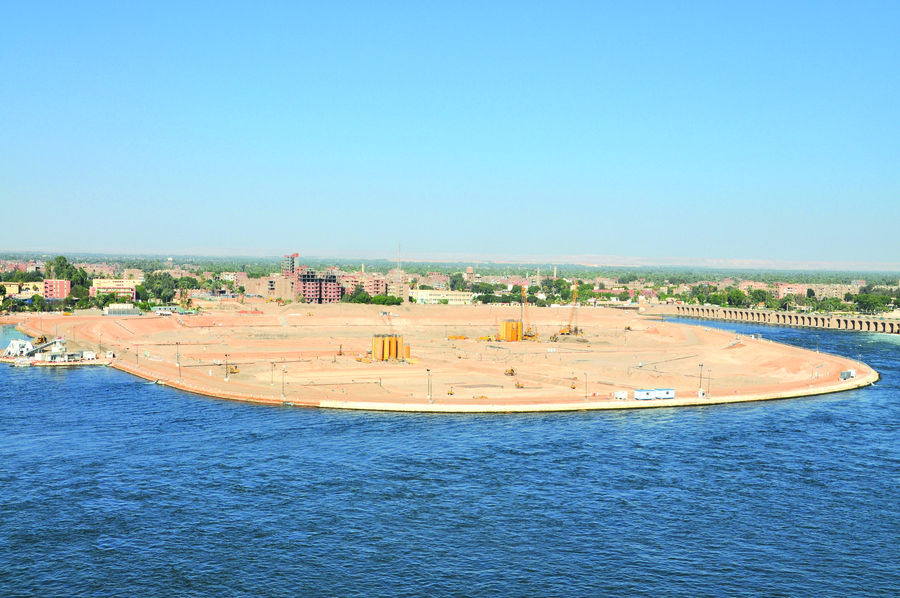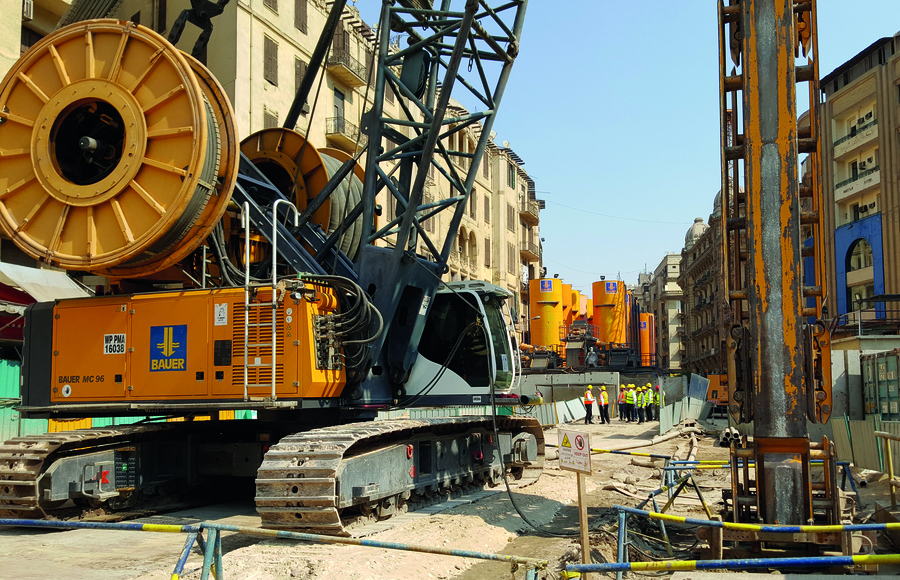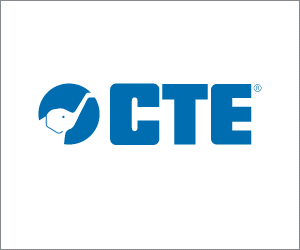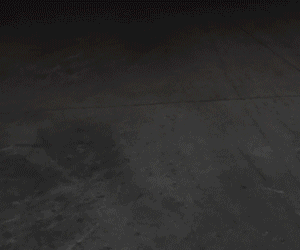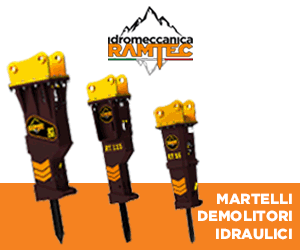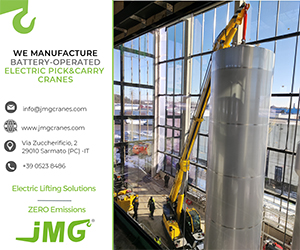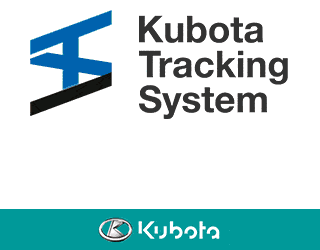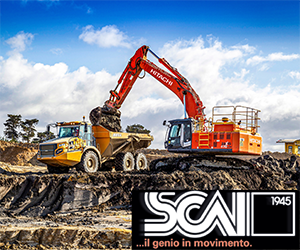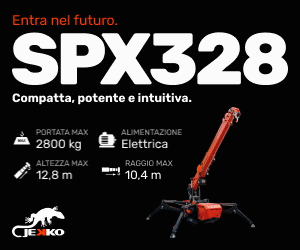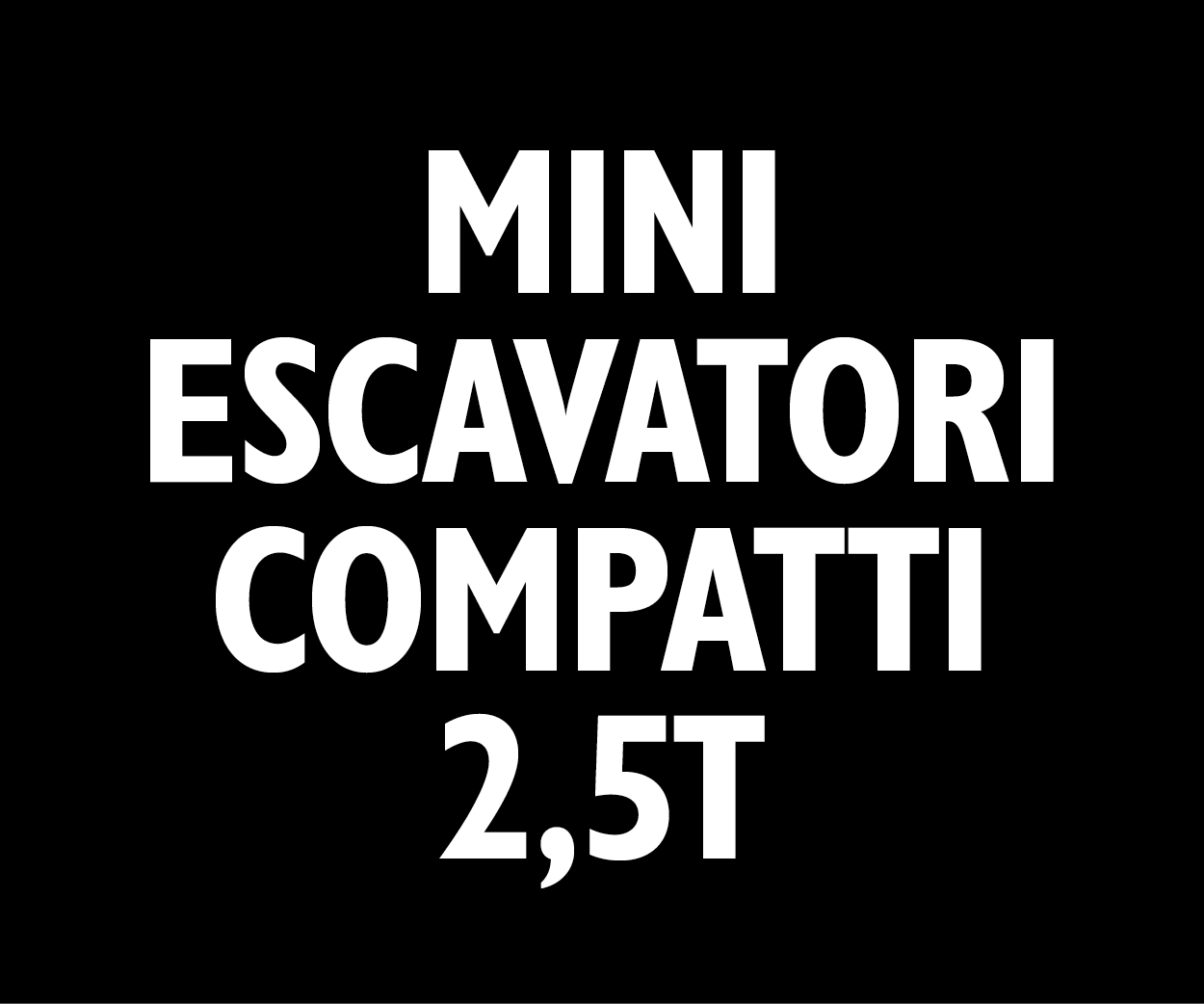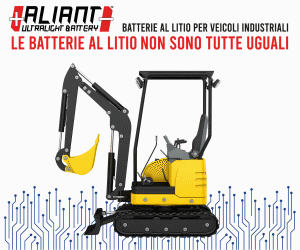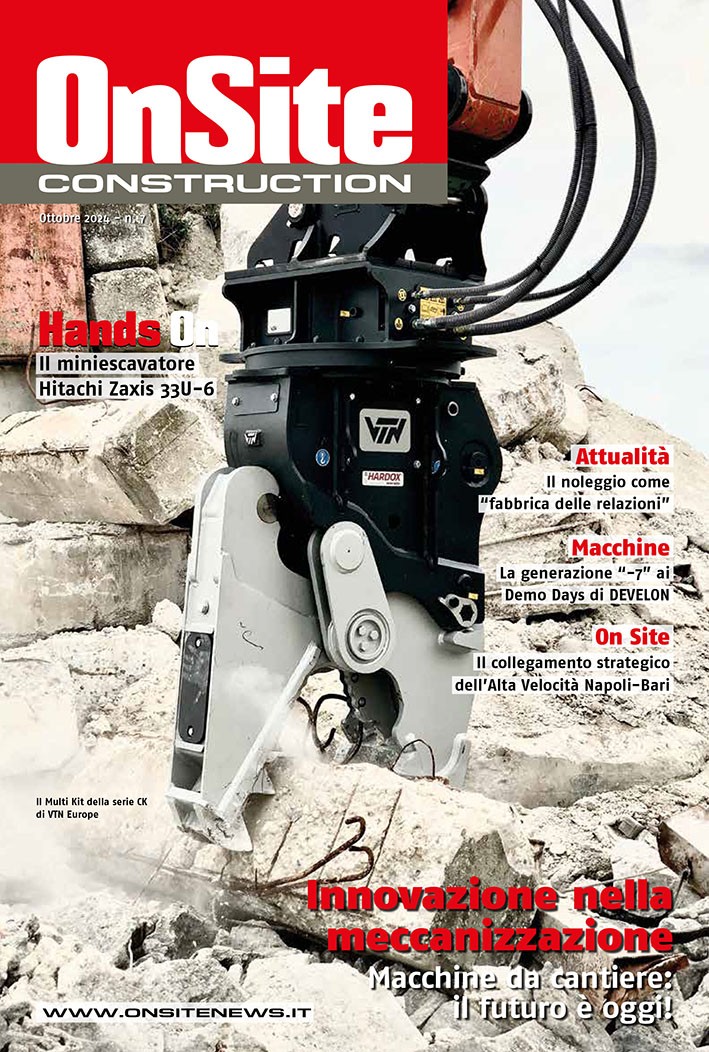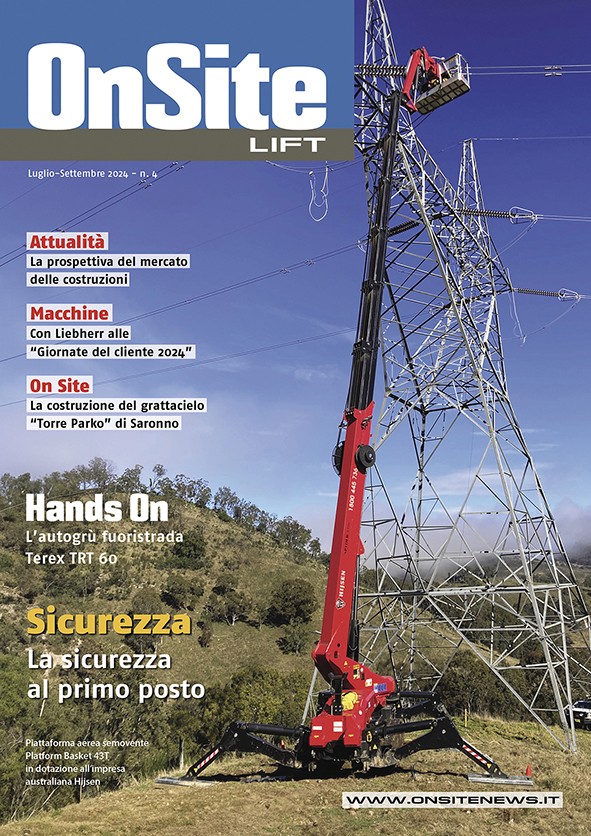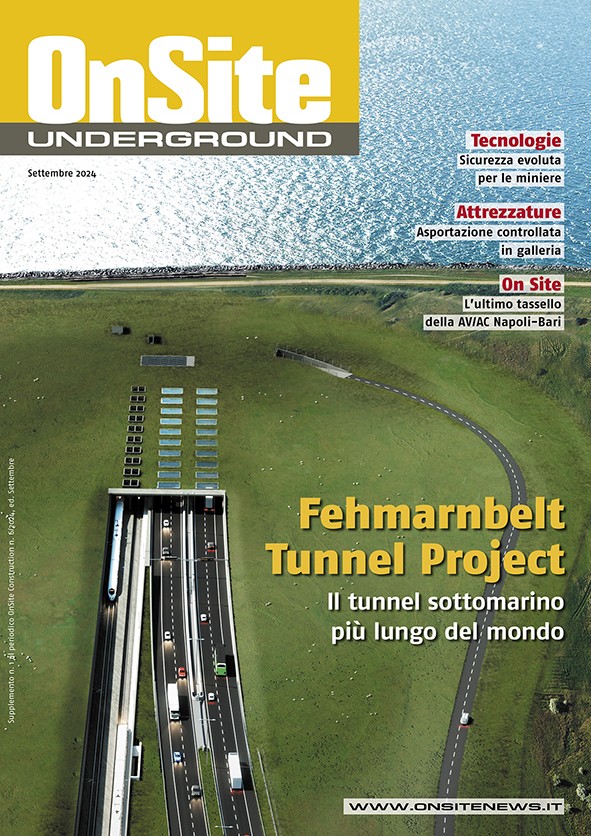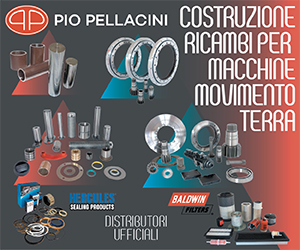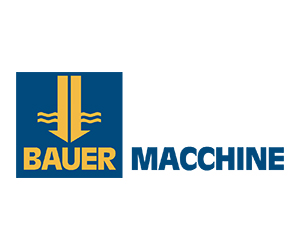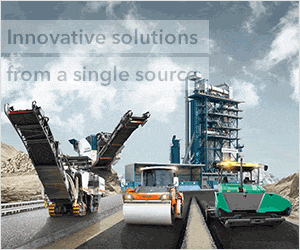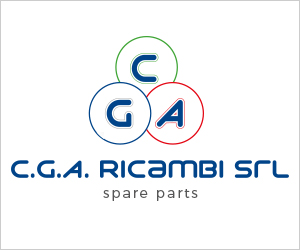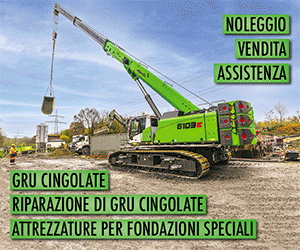Home \ International \ Specialist foundation engineering for Egypt's infrastructure
Specialist foundation engineering for Egypt's infrastructure
03/03/2018
Pubblicato da Redazione
The story of Bauer Egypt S.A.E., the third oldest overseas subsidiary of Bauer Spezialtiefbau GmbH, is a true success story. The company has been involved in the construction of numerous bridges on the Nile, the first-ever bridge over the Suez Canal and s
The story of Bauer Egypt S.A.E., the third oldest overseas subsidiary of Bauer Spezialtiefbau GmbH, is a true success story. The company has been involved in the construction of numerous bridges on the Nile, the first-ever bridge over the Suez Canal and several barrages. The subsidiary’s long list of past and present projects also includes many inner-city specialist foundation engineering projects – often in Cairo, where the company with its almost 1,500 employees has its headquarters.
Bauer Egypt was founded in 1981. After a rather difficult build up phase in the 1980s the construction market grew and Bauer Egypt’s revenue multiplied within a few years. However, Bauer Egypt has faced numerous challenges in the last ten years in particular, such as the international economic and financial crisis of 2008/2009 and the Arab Spring in 2011; in fact, a diaphragm wall and injection construction site was in Tahrir Square, the focal point of the demonstrations. Moreover, continuing inflation and the devaluation of the Egyptian currency had a negative impact. Despite all these difficulties, all permanent employees were retained, says Managing Director Mohamed Mostafa proudly.
Bauer Egypt is currently involved in several projects, including some very prestigious ones. One of them is the construction of two new tunnels below the expanded Suez Canal east of the city of Ismailia. As early as 2015/2016, Bauer constructed 120,000 m² of diaphragm wall up to a depth of 50 m for the future tunnel entrances and exits, as well as about 1,250 m² of soft gel blanket covering. Four diaphragm wall shafts with a depth of up to 85 m and a diameter of 21 m were constructed for the ventilation system of the new road tunnels. Among other equipment, two BC 40 trench cutters were used, one on an MC 128 and the other on an MC 96 duty-cycle crane, as well as two BG 28 drilling rigs with mast extensions for the execution of the soft-gel blanket. Bauer Egypt commenced the ground freezing work required for the construction of four cross passages between the two nearly 6-km-long road tunnels under the Suez Canal.
For the past several years, the company has also been involved in another large-scale infrastructure project – the extension of the Cairo metro – which is expected to significantly ease traffic in the metropolis of Cairo. The metro carries around 3.5 million passengers every day. Lines 1 and 2 were built between 1985 and 2002 without the involvement of Bauer. When construction of line 3 started in 2008 – the construction being divided into several phases – an increasing number of cutters from Bauer were used to construct the walls of the underground stations: in phase 1, Bauer Egypt cut the diaphragm walls for four of the five stations; in phase 2, all four station walls were executed by Bauer; for phase 4, which was moved forward, the company once again executed the diaphragm walls for all four stations from 2014 to 2017.
In September 2017, Bauer Egypt finally started the specialist foundation engineering work for Phase 3, which will run below the Nile and includes six underground stops. A 250,000 m² diaphragm wall with a depth up to of 83 m and about 180,000 m³ of underground sealing are to be constructed for this purpose. Four trench cutters BC 40 and one BC 30 cutter unit mounted on Bauer MC 128 and MC 96 duty-cycle cranes are being used. The underground sealing element will be executed using five BG 28 drilling rigs with extended masts for drilling up to 83 m. This work is expected to be completed in April 2019.

Ultime notizie di Bauer Macchine Italia
Perforation
30/09/2024
Bauer Spezialtiefbau modernizes John Hart Dam in Canada
Improvement of downstream public safety and facility reliabi...
Perforation
18/07/2024
Bauer secures port project in Scottish town of Ardersier
Bauer constructs diaphragm walls up to 42 m deep and anchor...

Perforation
05/12/2023
Bauer relies on full e-power during Dutch infrastructure project
Innovative electric drill rig from Klemm in operation for th...

Perforation
04/11/2023
Bauer India constructs the deepest diaphragm wall element
Bauer India constructs the deepest diaphragm wall element du...

Perforation
27/10/2023
Klemm Bohrtechnik GmbH celebrates double anniversary
This year, Klemm Bohrtechnik GmbH is celebrating two anniver...

Perforation
26/09/2023
Brownfield Remediation from A to Z on Berlin Airport Grounds
Alongside the operations building, they also needed to disma...
Altri International
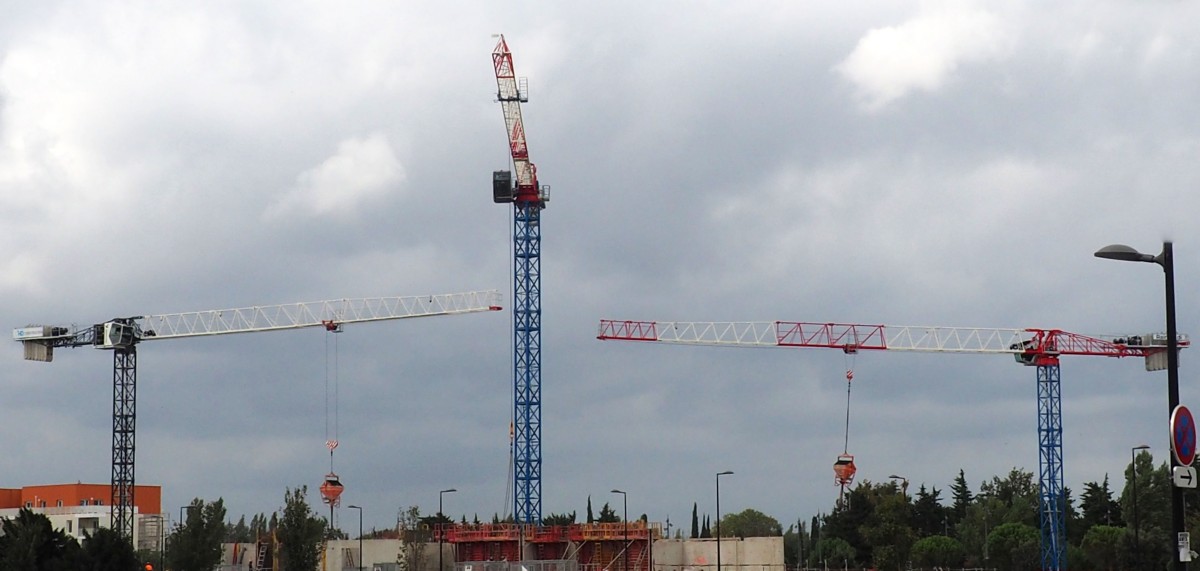
International
23/11/2024
GPMat International takes delivery of two Raimondi T147s residential development in the South of France
- Official agent of France expands its product lineup with t...
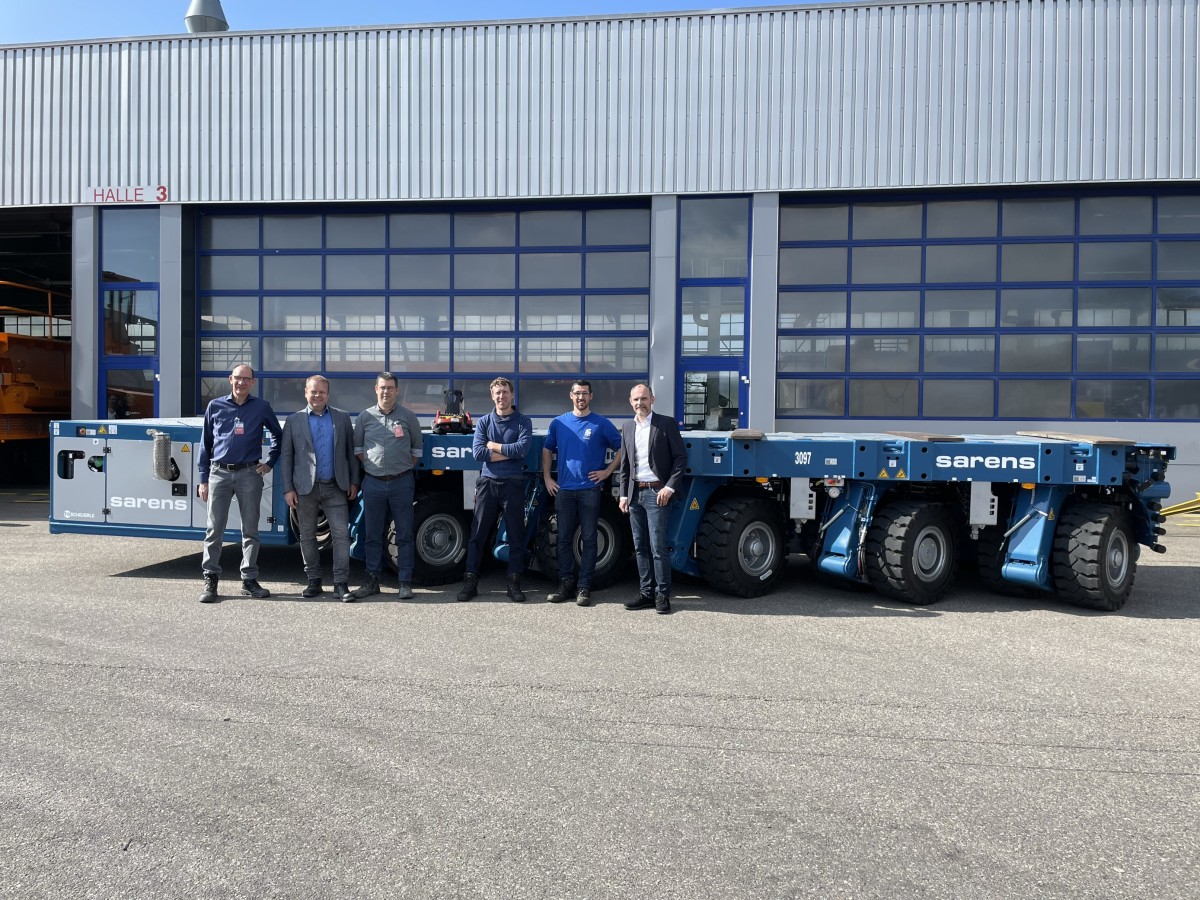
International
22/11/2024
Sarens acquires additional SCHEUERLE SPMT K24 modules
renowned for its expertise in crane rental services, heavy l...
International
22/11/2024
Five WOLFF cranes modernize Oslo’s Ulven district
With a total of five WOLFF cranes of type 7534.16 Clear, Wol...
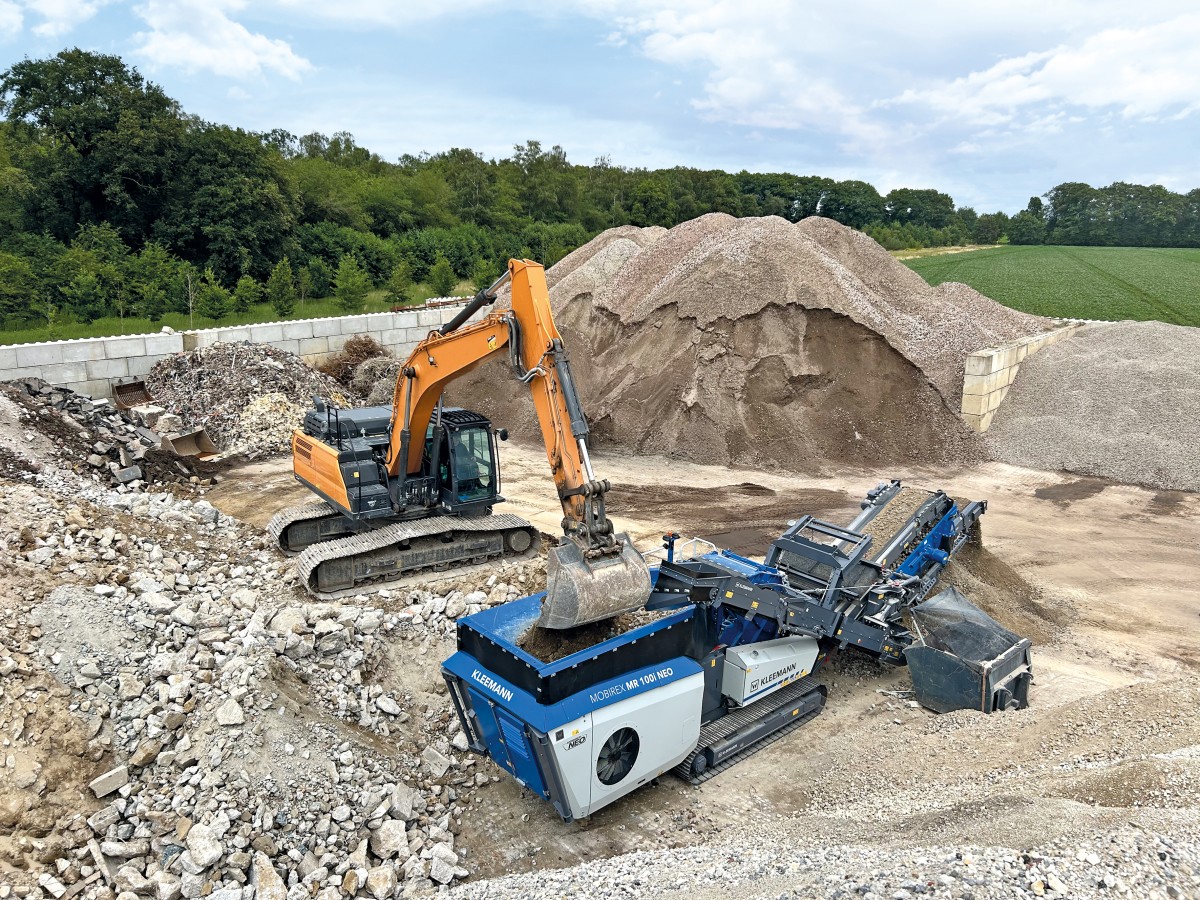
International
21/11/2024
Kleemann: New compact crusher used for recycling
Impact crusher MOBIREX MR 100i NEO impresses during operatio...
International
21/11/2024
SITECH partners with Royal Engineers to create poppy and demonstrate tech offering
The demostration involved creating a ground-level poppy desi...
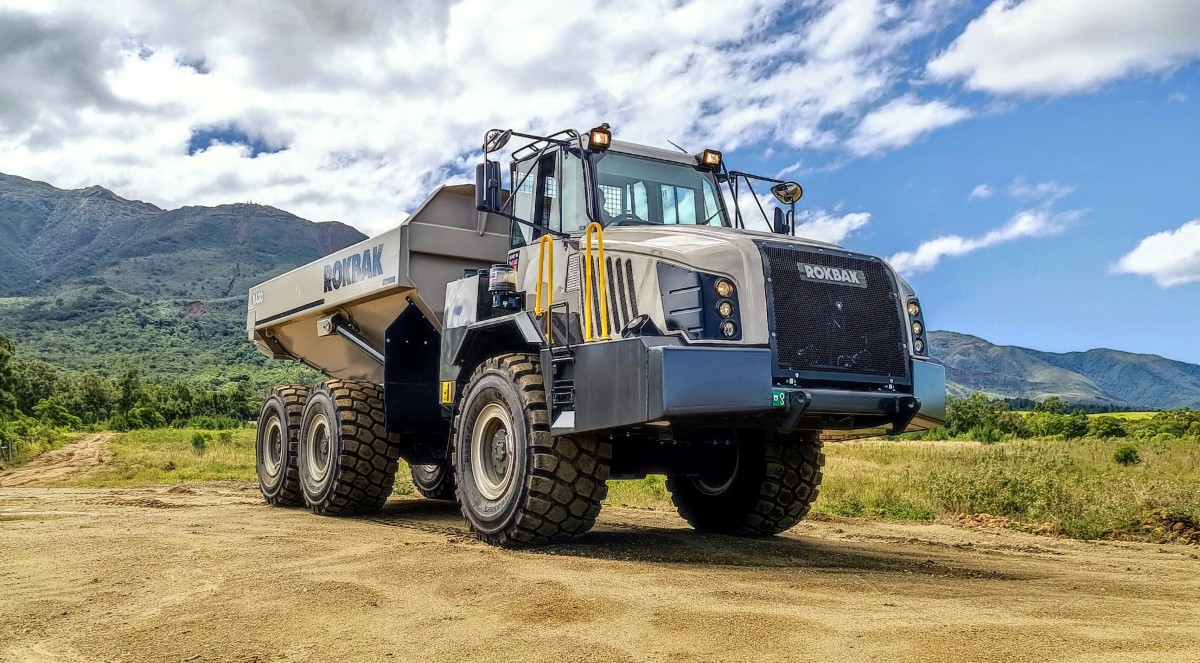
International
20/11/2024
Strong and stable RA30 trucks carry the weight at New Caledonian mine
Three Rokbak RA30 trucks are delivering exceptional durabili...











